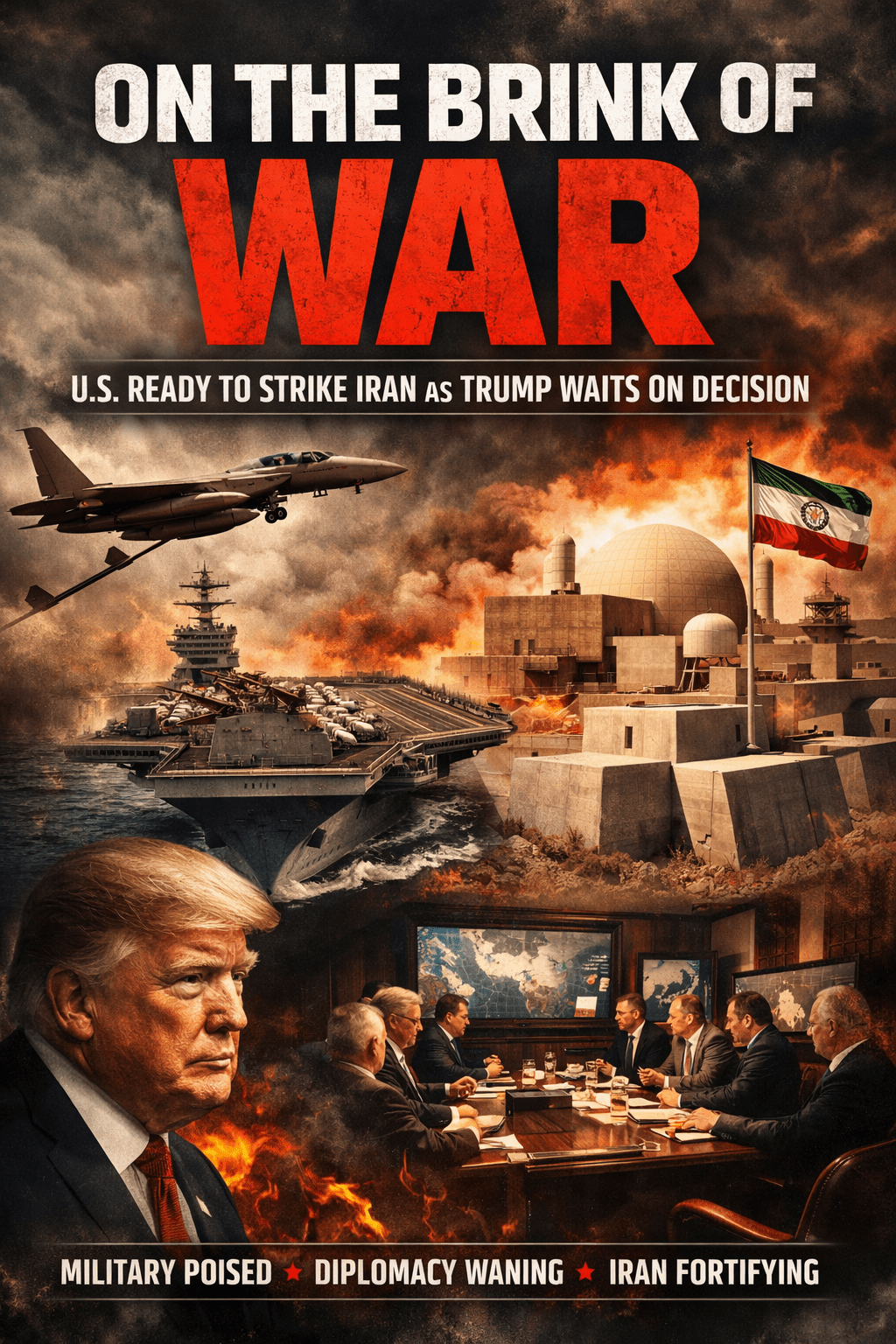Op-ed by Dolkun Isa
On the 80th anniversary of the Holocaust, a London memorial event honored past atrocities but glaringly omitted the ongoing Uyghur genocide. This silence is not just an oversight—it’s a warning. If we are to uphold the promise of “Never Again,” we must not ignore present-day atrocities.anuary 27, 1945, marks the liberation of Auschwitz-Birkenau—a day forever etched in history. In 2025, the world commemorated the 80th anniversary of the Holocaust with events across the globe. One of the most significant memorials took place in London on January 27, organized by the Holocaust Memorial Day Trust. Attending this event held deep personal significance for me—not only as a German citizen but also as a Uyghur.
The ceremony, held at London’s historic Guildhall, was profoundly moving. Among the attendees were HRH Prince William, Princess Catherine, UK Prime Minister Keir Starmer, and other high-ranking officials, all delivering powerful speeches. They reminded us once again of the deep scars the Holocaust left on humanity and honored the millions of lives lost.
Holocaust survivors and their families shared their painful stories of trauma and loss, adding an emotional weight to the event. Particularly striking was the acknowledgment of genocides worldwide, including those in Bosnia & Herzegovina, Rwanda, the Rohingya genocide, and Sudan. Yet, despite this comprehensive remembrance, the Uyghur genocide was entirely overlooked.
This omission was especially disheartening given my previous experience. In 2019, I attended the Holocaust Memorial Day Trust’s main event in London for the first time. At that event, which was attended by King Charles III and Prime Minister Boris Johnson, the Uyghur genocide was at least acknowledged. At the time, no government had yet recognized it. However, in 2021, the Canadian Parliament became the first to do so, followed by ten other parliaments. The UK Parliament officially recognized the Uyghur genocide on April 22, 2021, with the U.S. government and Congress following suit.
What is deeply troubling is why the Uyghur genocide—once on the agenda—was completely absent from this year’s event in 2025. This silence was both painful and perplexing. When the Chinese government began constructing concentration camps and implementing genocidal policies in East Turkistan, Jewish human rights organizations and lawyers were among the first to raise their voices. Their advocacy was crucial in sounding the alarm and urging global action. Today, Jewish organizations and activists continue to play a vital role in raising awareness of the Uyghur genocide. So why was it ignored this year? Was it deemed unnecessary? Has the world already forgotten?
The erasure of the Uyghur genocide from this event is not just an oversight—it is a warning. In 2018, I lost my mother in one of China’s concentration camps. I have no information about my two missing siblings, not even whether they are alive. I have lived as a refugee for 31 years, unable to see them. This pain is not mine alone. It echoes the trauma that Holocaust survivors like Manfred Goldberg have spoken about—loss, displacement, and the agony of an unended genocide. Thousands of Uyghurs share this fate today. The genocide has not ended. Yet, the world’s attention is already fading, and this event in London was a stark reminder of that reality.
Commemorating history and honoring victims must be about more than remembering the past—it must also serve as an urgent call to protect those suffering today. Ignoring the Uyghur genocide is not just a failure for the Uyghur people but for all of humanity. If we are to truly honor the phrase “Never Again,” we must ensure it applies to the present as much as to the past. While we remember the Holocaust and other genocides, we must not let ongoing atrocities, including the Uyghur genocide, fade into silence.
Learning from history is a collective responsibility. Our commitment to justice must not waver, and our remembrance must include those still fighting for survival today.
About Dolkun Isa
Mr.Dolkun Isa is the President of the World Uyghur Congress. He is a former student-leader of the pro-democracy demonstrations at “Xinjiang” University in 1988. He founded the Students’ Science and Culture Union at the university in 1987. he was expelled from the university in September 1988 after four months of house arrest and a six-hour-long dialogue with government officials about the students’ demands. After enduring persecution from the Chinese government, Isa fled China in 1994 and sought asylum in Europe, and became a citizen of Germany in 2006.
In April 2004, he played an important role in the establishment of the World Uyghur Congress and was elected General Secretary. He has since been presenting Uyghur human rights issues to the UN Human Rights Council, European Parliament, European governments, and international human rights organizations.
He has worked to mobilize the Uyghur diaspora community to collectively advocate for their rights and the rights of the Uyghur population in East Turkistan (the Uyghur Autonomous Region in China). He was recognized for his efforts in raising awareness of the human rights situation facing the Uyghur people and for calling for greater democracy and freedom in China by receiving the Victims of Communism Memorial Foundation’s Human Rights Award on 30 March 2016 and receiving the World Democracy Award by NED on June 2019. In 2017, he was elected as the Vice-President of the Unrepresented Nations and Peoples Organisation (UNPO), of which the World Uyghur Congress is a member. In this capacity, he works with other marginalized or unrepresented peoples to collectively strive for democracy, freedom, and respect for basic human rights.




